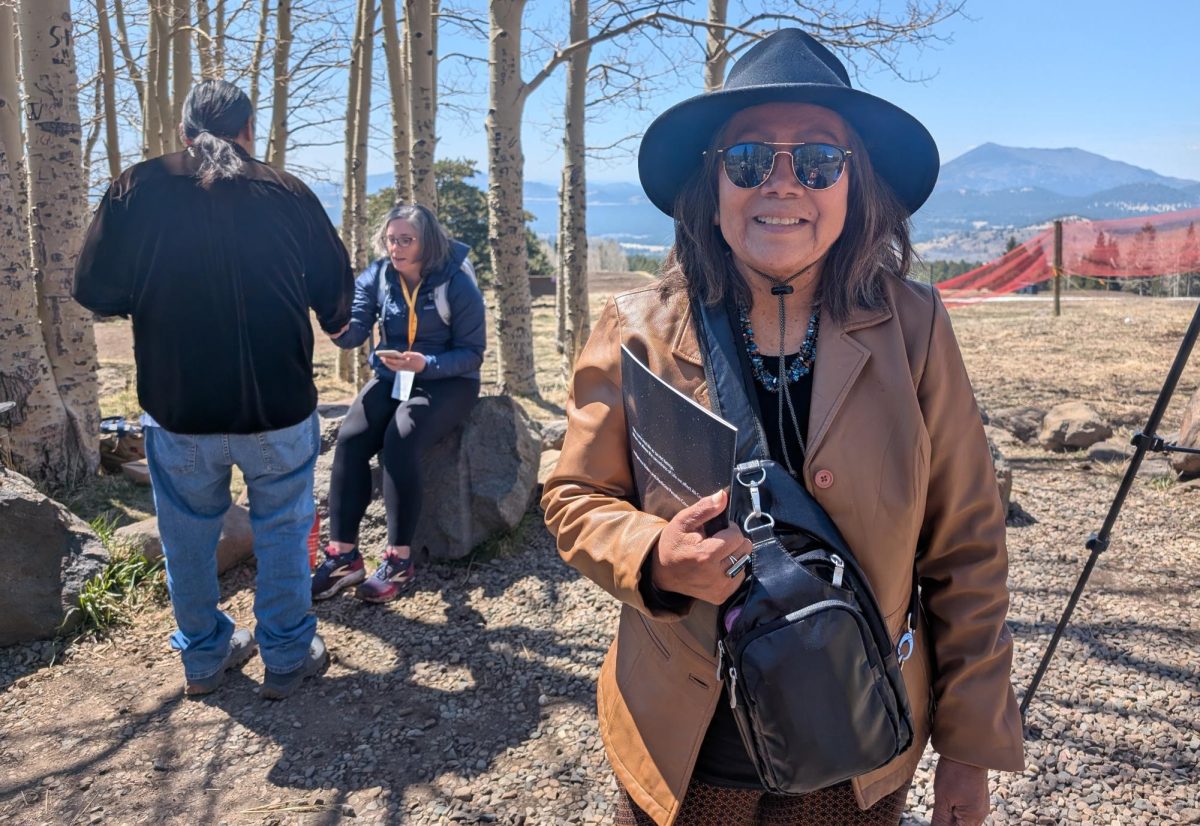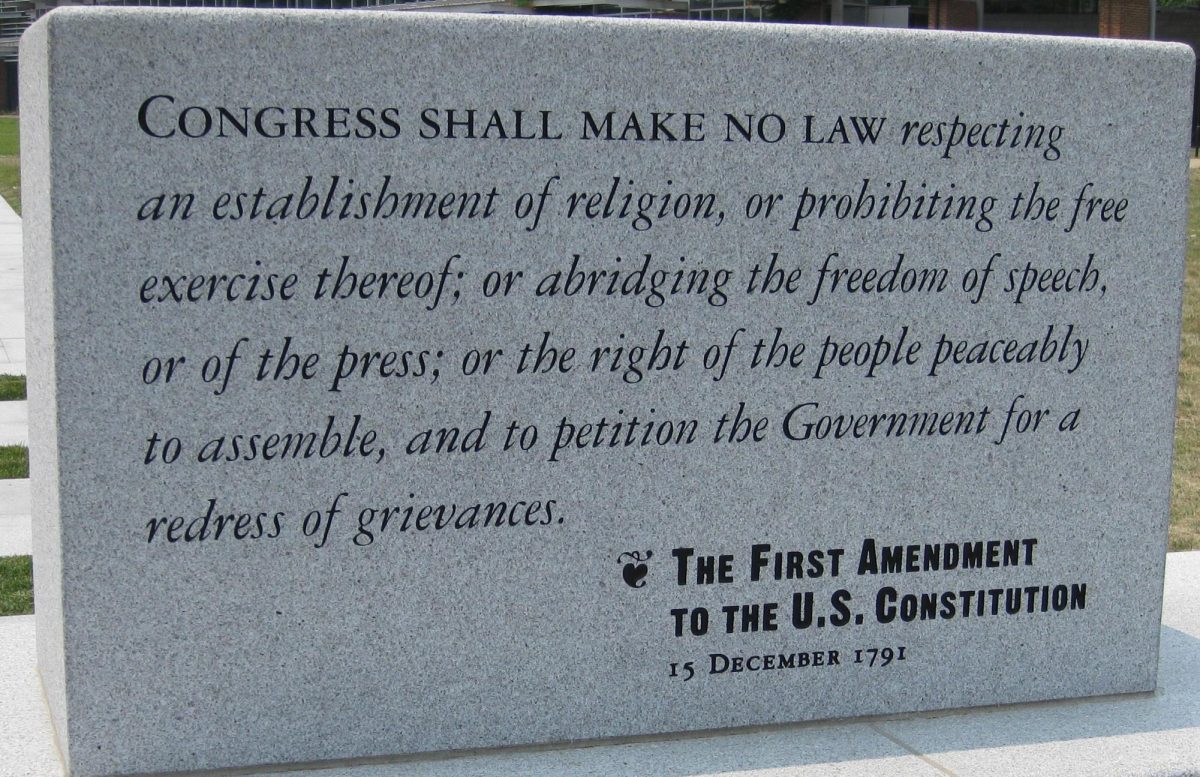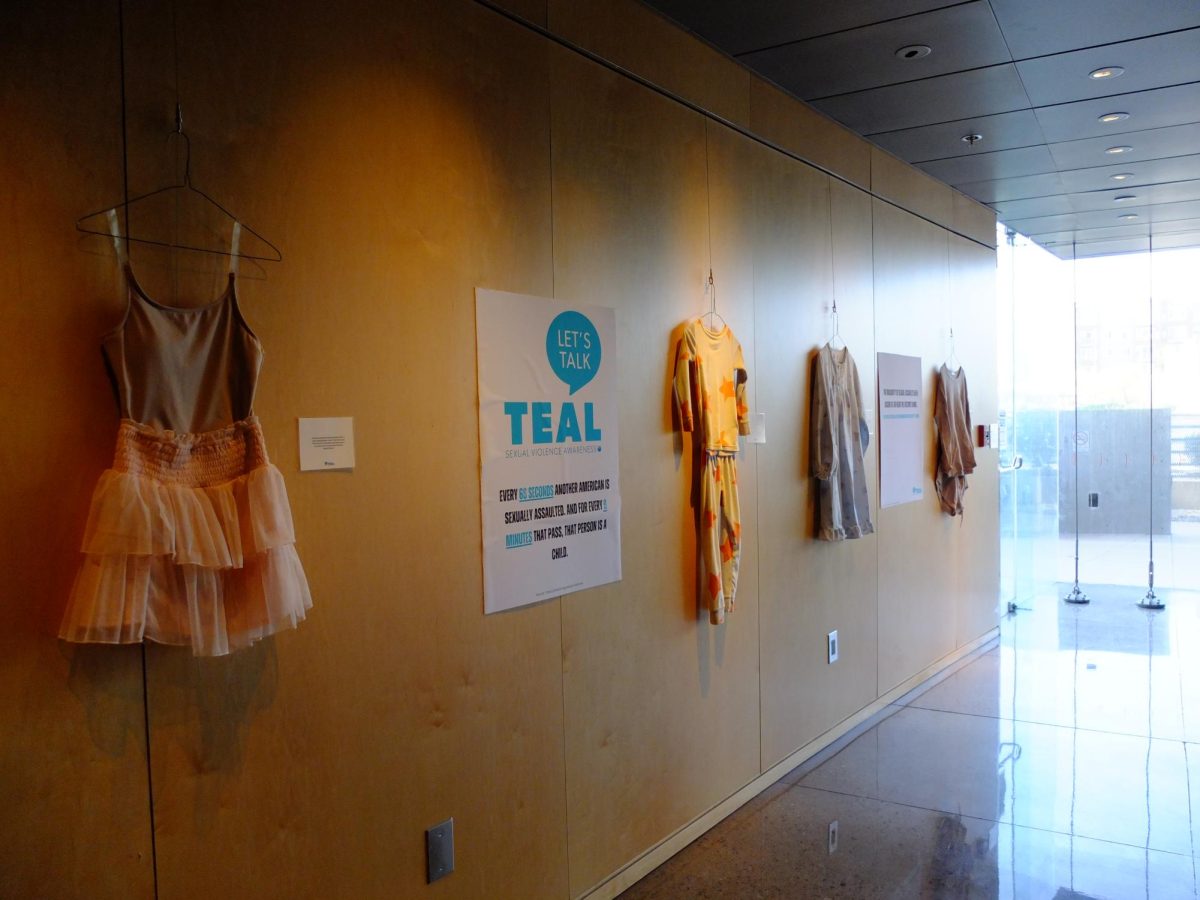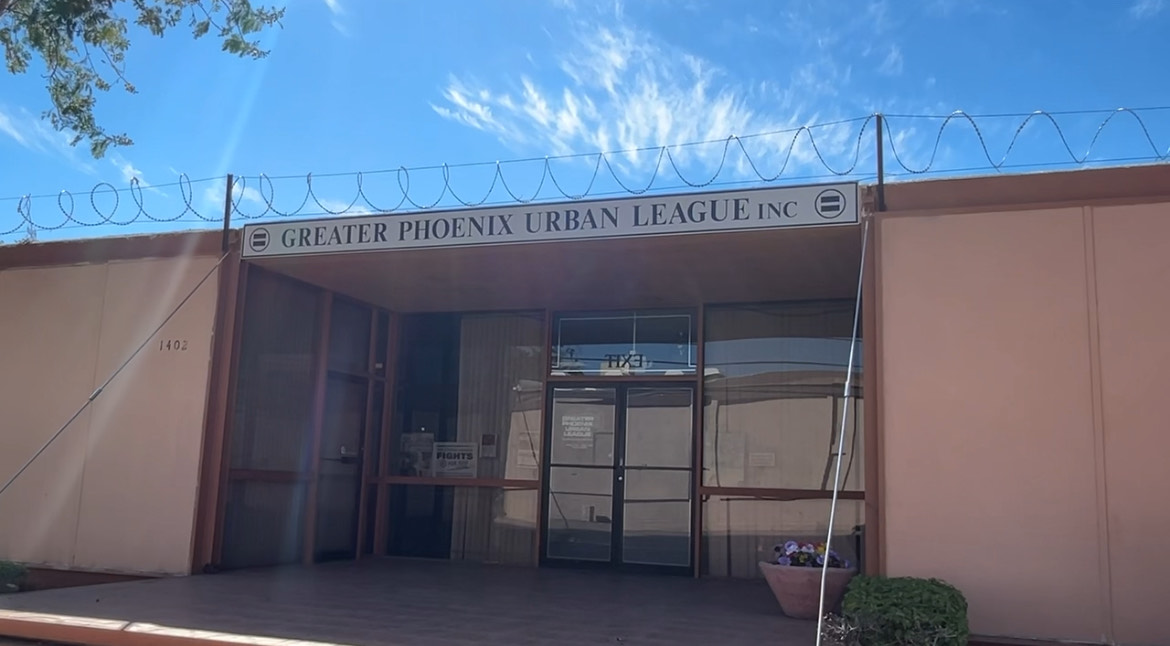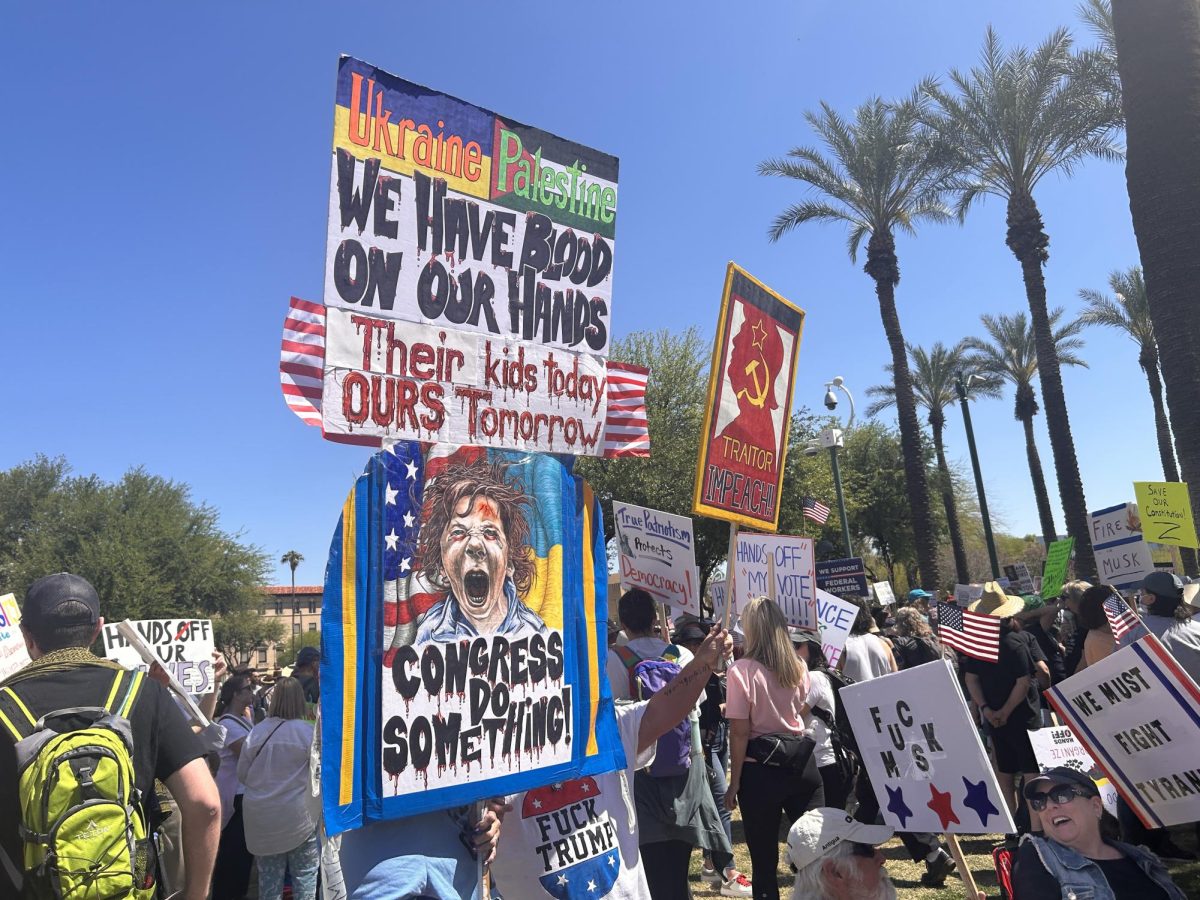Following the overturn of Roe v. Wade three years ago and the Civil War-era abortion ban that was threatened in Arizona earlier this year, a women’s right to choose is on the minds of Arizona voters and people around the country.
For one Tucson woman and her husband, reproductive health is extremely personal.
Yesenia Games Gamboa is an attorney and reproductive health advocate. Her husband has been in the Air Force for ten years.
“I was never going to get married, and, you know, I met a man, and I married him a year and a half later,” Yesenia said.
Yesenia told Northeast Valley News that in 2021, she was still dating her now husband and became pregnant. They weren’t trying to conceive.
She says it was confusing for her, because knew she was pregnant before her missed period.
“I found out because I was just feeling so weird,” Yesenia said.
After three pregnancy tests – one negative – Yesenia said she immediately experienced an abnormal amount of bleeding. Because she was only four weeks pregnant, medical professionals told her she was having a miscarriage.
Still, after a while she went to the emergency room, because she was still feeling “off” and decided to seek help from her doctor.
“My doctor said, ‘you know what—you’re still pregnant.’”
Yesenia spent weeks being tested. Despite the ultrasounds finding nothing in her uterus, blood tests showed her hormone levels were still rising.
Scared, confused and supposedly seven weeks pregnant, Yesenia went to a new doctor.
This time she was told the fertilized egg was found on an ultrasound in her left fallopian tube. Yesenia had an ectopic pregnancy.
Yesenia felt relieved that she wasn’t “going crazy” and finally had a solution. Instead of needing emergency surgery, Yesenia’s doctor said it was early enough to be treated with medication.
She received a methotrexate shot, which, according to The American College of Obstetricians and Gynecologists, is the most common drug used to treat ectopic pregnancy. While this treatment is a non-invasive, lesser-known way to terminate a pregnancy, its availability is at risk this November after Republican opposition of its use.
Yesenia recovered quickly and without complications.
In June of 2022, the Supreme Court – including the three judges who were appointed by former president Donald Trump – ruled to overturn Roe v. Wade, one year shy of the case’s 50th anniversary.
In that moment, Yesenia thought, “What would happen if I needed that same abortion now?”
When Yesenia and her husband decided to start trying for a baby, they learned Yesenia’s chances of having another ectopic pregnancy had doubled. Due to the high risk, doctors suggested the couple try in vitro fertilization (IVF).
Yesenia began her IVF journey when her husband returned from deployment. She grew concerned, though, about what would happen if her husband’s job moved the couple to a state where reproductive rights are not guaranteed.
“I have a very specific fear, being married to someone in the military,” Yesenia said, “If we move somewhere where IVF clinics aren’t operating and my next cycle doesn’t work, what am I going to do? Am I going to be able to try again or am I going to have to travel back [to Arizona?] Aside from the already expensive cost of IVF, do I have to travel and be away from my husband to try to have a family?”
Trump’s idea to let the states decide, Yesenia told Northeast Valley News, is scary and confusing for military families.
The healthcare she can receive is entirely dependent on where her husband’s service takes them. If they ended up in Alabama, for example, where courts ruled that frozen embryos are children, Yesenia and her husband would likely not be able to start their family there.
Yesenia feels it is especially unfair for those in the military, who have already scarified so much to serve their country and provide for their family.
Due to the overwhelmingly negative response that Donald Trump and other Republican politicians have received after condemning abortion and following the overturn of Roe Wade some Republicans are desperately trying to appear more progressive on the issue.
In August, Trump claimed that, if reelected, he would make IVF treatment free. But Yesenia is unmoved and doesn’t believe him, “You’ve already had the chance.”
“American women aren’t stupid. We’re seeing how what they’re saying isn’t matching what they’re doing. I hope that people vote in November, but I don’t believe this is something we should have to vote on – protecting our right to healthcare, protecting our right to become parents in the way that we want to become parents – it is very frustrating,” Yesenia said.
The fact is, Republicans have consistently voted against IVF protections and measures to make the treatment more accessible. People like Yesenia are tired of the broken promises.
When Vice President Kamala Harris the Democratic Presidential Candidate came to Tucson in April for an Arizona reproductive freedom event, Yesenia shared her story and introduced Harris to the crowd.
“The easiest part of this whole ordeal was my abortion,” Yesenia said at the event. “Access to a quick and safe abortion saved my life and my fertility.”
Yesenia’s fertility difficulties and the uncertainty of where she’ll move remains firmly in the back of her mind as she continues to hope IVF will work for her.






